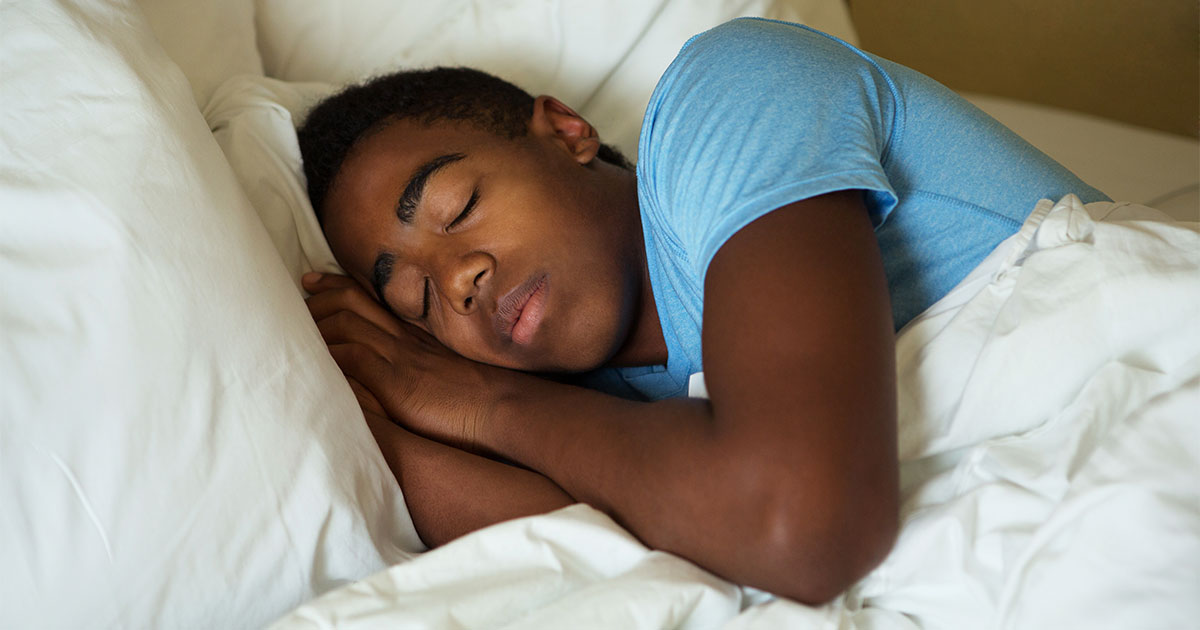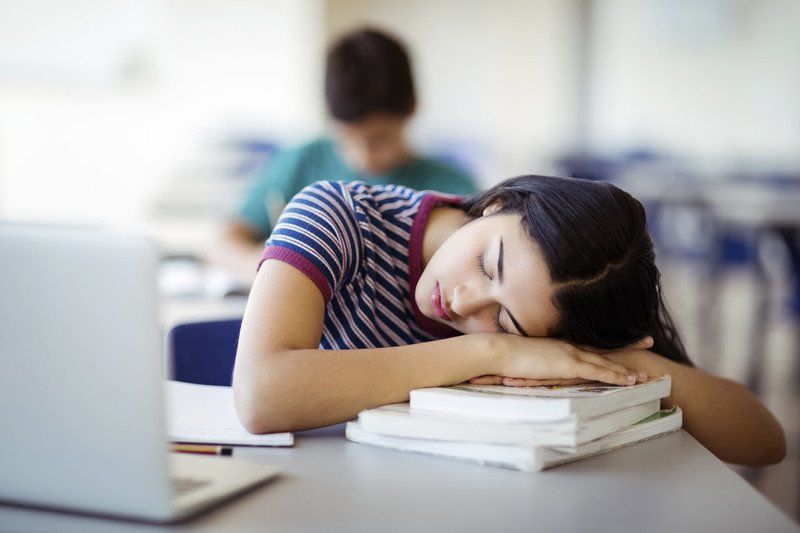It’s not secret that teenagers absolutely hate waking up early for school. Getting them out of bed and out the door in time is a daily struggle for many parents, and it can sometimes feel downright impossible to accomplished. It then shouldn’t come as a shock to find out that several studies have shown that later school times are not only preferred by all, but they are also better for students’ overall mental and physical health.

Early School Times Affect Teens’ Sleep
A study in Sleep journal has surveyed 28,000 students from a Colorado school district that pushed back school start times. It was done in order to give the students a chance to get more rest. Over two years of the delayed school times, that was accomplished.
According to the study: “The percent of [elementary school] students reporting sufficient sleep duration, poor sleep quality, or daytime sleepiness did not change, but the percent of [middle school] and [high school] students reporting sufficient sleep duration significantly increased and clinically significant daytime sleepiness decreased.”
The study showed that delaying school times resulted in an extra 45 minutes of increased sleep time for students.
Elementary school kids started school started an hour earlier throughout the duration of the study, so that older students were able to be picked up from school later. Middle schoolers start times were delayed by 40-60 minutes, and high schools delayed the times by 70 minutes, starting school either at 8:30am or later.
Lisa Melzter, a pediatric psychologist at National Jewish Health in Colorado shared: “Delaying middle and high school start times is a critical health policy that can quickly and effectively reduce adolescent sleep deprivation with minimal impact on younger students.”

Student Yawning During A Class At Classroom
Middle school students went to bed about 9 minutes earlier on average and slept in for an extra 37 minutes, giving them 29 minutes of more sleep. High school students went to bed about 14 minutes later and slept in for another 46 minutes, amounting to 4 more hours of sleep every week.
Associate professor of psychiatry at University of Pittsburgh Brant Hasler told CNN that this much better aligns with teens’ internal biological clock. When students do not get enough sleep, it can directly impact their mental and physical health, as well as their memory learning ability.
The CDC is very much on board with pushing school times, stating directly on their website that “school starts too early.” About 21% of middle schools and 18% of high schools in the United States start school at 8:30 or later.
According to the CDC: “Not getting enough sleep is common among high school students and is associated with several health risks including being overweight, drinking alcohol, smoking tobacco, and using drugs, as well as poor academic performance.”

Later School Times Are Much Needed








